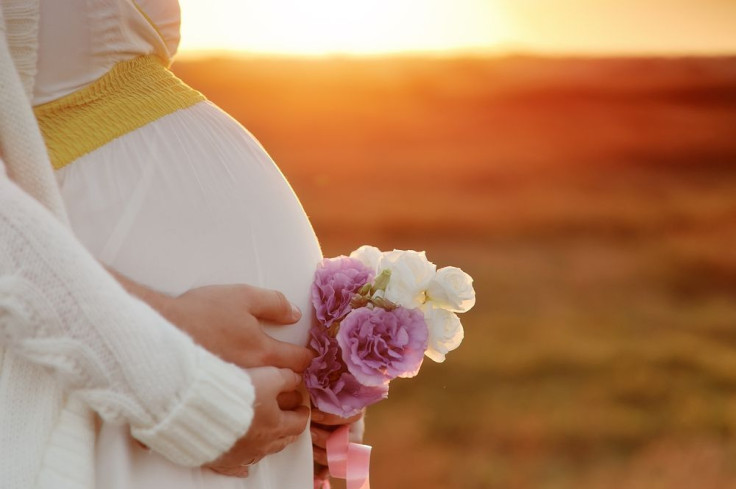Oh Baby! Women Giving Birth After Age 33 Tend To Live A Longer Life Than Women Who Gave Birth Before 30

As more and more women opt to have children beyond the age of 35, there is a concern about how their bodies will react to late pregnancies. But new research indicates that women who naturally have children in later stages of their lives tend to live longer, and the genes that allow for late reproduction also influence longevity.
The study was conducted by Boston University School of Medicine (BUSM) and published in the journal Menopause: The Journal of the North American Menopause Society. While getting pregnant after the age of 35 has been associated with risks of developing multiple pregnancies, gestational diabetes, high blood pressure, genetic abnormalities in the offspring, etc., according to the study, women who had children after they turned 33 have a greater chance of living longer than women who have children before they turn 30.
"Of course this does not mean women should wait to have children at older ages in order to improve their own chances of living longer," explained corresponding author, Dr. Thomas Perls. "The age at last childbirth can be a rate of aging indicator. The natural ability to have a child at an older age likely indicates that a woman's reproductive system is aging slowly, and therefore so is the rest of her body."
The study was based on analysis of data from the Long Life Family Study (LLFS) — a biopsychosocial and genetic study of 551 families with many members having exceptionally long lives. After assessing the age at which 462 women had their last child and their current age, the researchers concluded that women who had their last child after the age of 33 years had twice the odds of living to 95 years or older compared with women who had their last child by age 29.
These findings also indicate that women may be passing on longevity genes that slow down the age-related changes that take place in the cells of our body, making us live longer.
"If a woman has those variants, she is able to reproduce and bear children for a longer period of time, increasing her chances of passing down those genes to the next generation," said Perls, the director of the New England Centenarian Study (NECS), a principal investigator of the LLFS and a professor of medicine at BUSM. "This possibility may be a clue as to why 85 percent of women live to 100 or more years while only 15 percent of men do."
These results corroborate with previous findings, which state that women who have a child in their forties were four times more likely to live to 100 than women who had their last child at a younger age. These studies link late menopause to the late onset of age related diseases such as Alzheimer's, heart disease, and stroke, hence implying that these women live longer.
These findings have significant implications in the study of delayed aging and age-related diseases, say the researchers. The study also leads us to speculate if extending the child-bearing period in women is an evolutionary process to extend the human life span.
Source: Perls TT, Sun F, Sebastiani P et al. Extended maternal age at birth of last child and women's longevity in the Long Life Family Study. Menopause: The Journal of the North American Menopause Society. 2014.



























